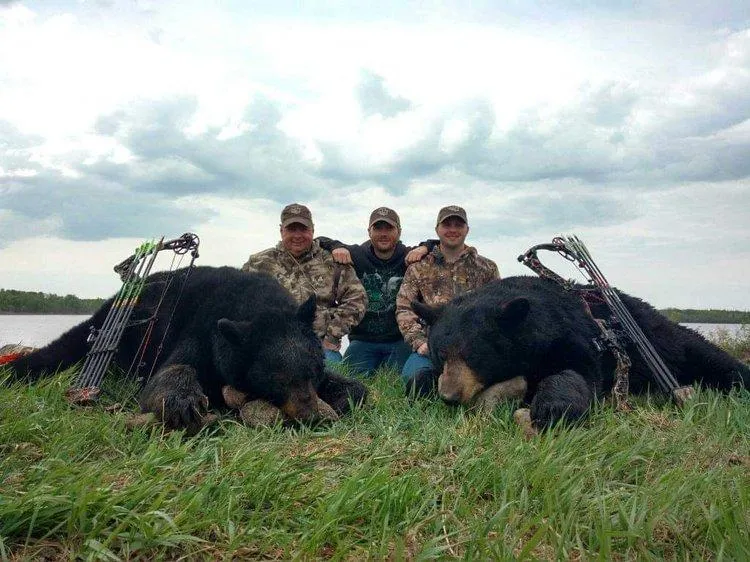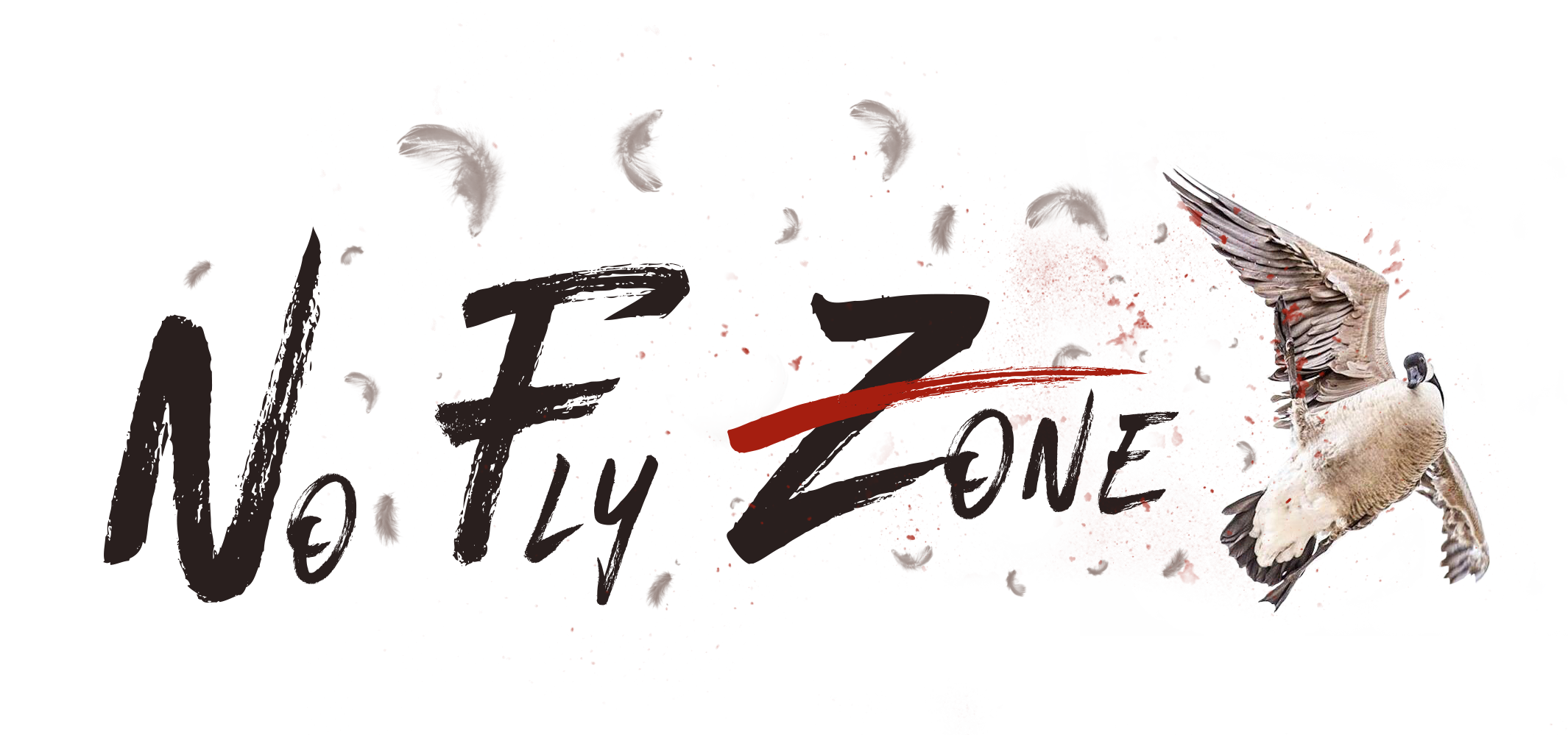No Fly Zone Waterfowl Outfitters - Blog

Conservation Efforts in Saskatchewan: How Hunting Benefits Wildlife
Saskatchewan, known for its vast wilderness and rich biodiversity, is a province where hunting plays a significant role not only as a recreational activity but also as a crucial tool for wildlife conservation. While it might seem counterintuitive, hunting is a valuable part of conservation efforts in Saskatchewan. In this blog, we'll explore how hunting benefits wildlife and contributes to the preservation of the province's natural habitats.
1. Population Management
One of the primary ways hunting contributes to wildlife conservation is through population management. Saskatchewan's diverse ecosystems are home to various game species, including deer, elk, moose, and waterfowl. By setting specific hunting seasons and bag limits, wildlife authorities can regulate the number of animals harvested each year. This helps prevent overpopulation, which can lead to habitat degradation, competition for resources, and the spread of diseases within animal populations.
2. Funding for Conservation
Hunting generates significant revenue for wildlife conservation efforts. The sale of hunting licenses, permits, and tags, along with taxes on firearms, ammunition, and archery equipment, contributes to funding programs that support habitat preservation, research, and management of game species. These funds are essential for maintaining healthy ecosystems and ensuring the long-term survival of wildlife populations.
3. Habitat Protection and Restoration
Hunters have a vested interest in preserving the natural habitats of the game species they pursue. As stewards of the land, they actively participate in habitat protection and restoration initiatives. Organizations and individuals often invest in wetland conservation, reforestation efforts, and the restoration of critical wildlife corridors. These actions benefit not only game species but also countless other plants and animals that rely on the same habitats.
4. Research and Monitoring
Hunters also play a significant role in wildlife research and monitoring. Through their activities, they provide valuable data on game species, including population trends, migration patterns, and disease prevalence. This information helps wildlife managers make informed decisions about hunting regulations and conservation strategies.
5. Ethical and Sustainable Hunting Practices
Ethical hunting practices and adherence to regulations are critical components of wildlife conservation in Saskatchewan. Hunters are required to follow strict guidelines, including bag limits, seasons, and safety measures. By promoting responsible hunting behavior, wildlife authorities ensure that hunting remains sustainable and doesn't pose a threat to wildlife populations.
6. Conservation Partnerships
Hunters often collaborate with conservation organizations, landowners, and government agencies to protect and enhance wildlife habitat. These partnerships help secure critical parcels of land for conservation purposes, establish wildlife management areas, and implement habitat improvement projects.
7. Balancing Ecosystems
Hunting can help maintain a balance in ecosystems. Predators such as wolves and cougars are necessary for controlling prey populations like deer and elk. When predators are managed responsibly through hunting, it helps prevent overgrazing and maintains the health of plant communities.
8. Wildlife Education and Outreach
Hunters often engage in educational and outreach efforts to raise awareness about wildlife conservation. They share their knowledge and passion for the outdoors, inspiring others to appreciate and protect the natural world. This commitment to education contributes to a broader understanding of the importance of conservation.
In conclusion, hunting in Saskatchewan is not merely a pastime; it's a valuable conservation tool that benefits wildlife and their habitats. Through responsible hunting practices, the funding it generates, and the dedication of hunters to preserving the natural world, Saskatchewan's diverse ecosystems continue to thrive. As hunters and conservationists work together, they ensure that future generations can enjoy the beauty and biodiversity of this remarkable province.

Gear up for an amazing hunt!
— John Prosak
Images are Copyright of Joel Bo Jones and No Fly Zone Waterfowl Outfitters
